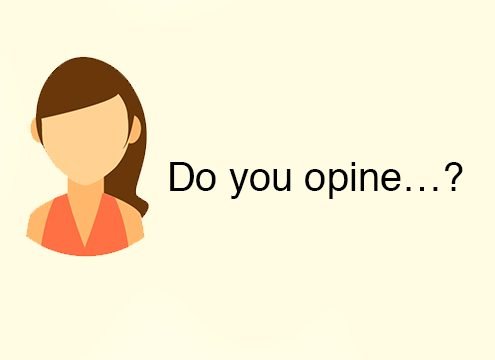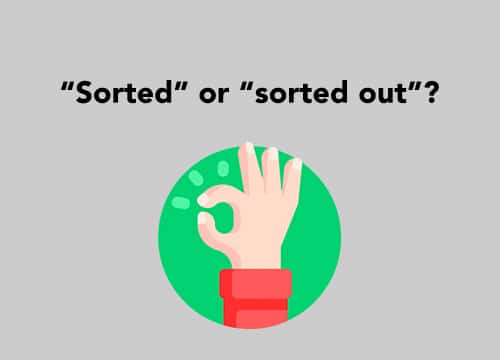Yes you do. To “opine” (opinar) is to give, hold or express an opinion. It is a transitive verb and hence (por lo tanto) it needs an object. It often takes a clause as an object.
Here are some examples:
- I opine that eating wheat is dangerous for health.
- Podemos opines that the nationalization of big businesses is a good thing.
- I prefer not to opine (prefiero no opinar sobre…) about the government.
For these sentences, you could mean the same by saying:
- It is my opinion that eating wheat is dangerous for health
- Podemos holds the opinion that the nationalization of big businesses is a good thing.
- I prefer not to give my opinion about the government.
Both options have the same meaning. However, the first options are better for one simple reason – fewer words.
Keep it simple and short is an important rule in English. In the first sentence we have 9 words and in the second version 11 words. In the second we have 12 words versus 15 words, and in the third sentence we have 8 words versus 10 words. On average 20% fewer words.
Please note that there is nothing grammatically wrong with the longer sentences. Shorter sentences are easier for the writer and the listener so everybody wins. Why make life difficult?

















